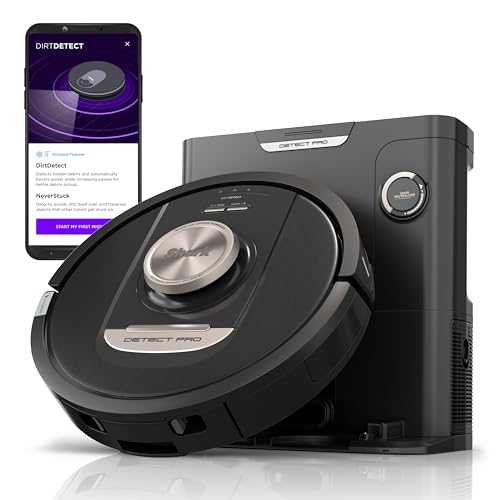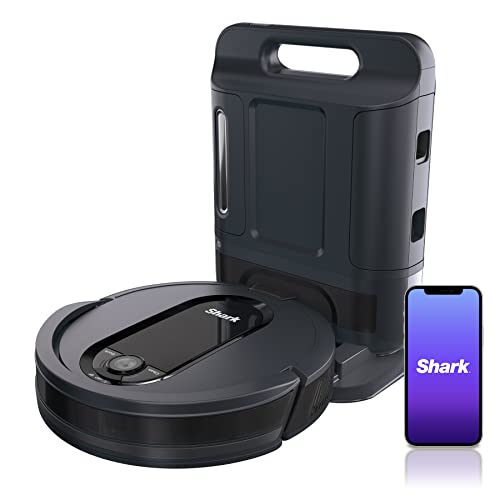Guide To Bagless Programmed Cleaners: The Intermediate Guide For Bagle…
페이지 정보

본문
 Bagless Programmed Cleaners
Bagless Programmed CleanersBagless cleaners with programs are designed to ensure that they can gather dust and other particles into a clean chamber that is easily emptyable. These machines have some disadvantages of which users must be aware of.
 The chamber should be empty to prevent allergens to release into the air. This can be a concern if you suffer from allergies.
The chamber should be empty to prevent allergens to release into the air. This can be a concern if you suffer from allergies.Cost
Vacuum cleaner bags cost about five dollars each and must be replaced regularly. This can be expensive particularly if you live in a large home. bagless modern vacuum cleaners, on other hand, do not require bags and are able to collect dirt and other debris in a tank built inside the machine, meaning you won't need to spend more on replacement parts. However, you'll require cleaning or replacing the filter periodically to ensure that it's working properly.
Convenience
Bagless cleaners are more effective in cleaning. They eliminate the frustration of trying to fit a stubborn bag back together when you empty it. They also save time by allowing you to move faster through vacuuming chores. Also, you won't need to buy bags that you must dispose of when they're half full.
Bagless cleaners are eco-friendly and last longer over their counterparts. This is due to the fact that they don't require more than 100 bags in their lifetime, which could be harmful to the environment. Additionally the dust bins on these cleaners can be cleaned often to prevent dust and allergens from being recirculated in your home.
When it comes to choosing which bagless cleaner to pick, be sure to choose one with an HEPA filter. This filter acts as a powerful shield that only allows large particles to pass through, while keeping finer dust out of the air. These filters are particularly advised for those suffering from asthma and allergies.
The cyclonic technology found in bagless cleaners can be extremely effective in cleaning the air at home. The cyclones remove the fine and large dust from the air. This stops dust from recirculating and helps to keep your home clean and healthy. Cleaners that are bagless auto empty robot vacuum that utilize the cyclonic method require less maintenance since they don't require replacement frequently as do those using traditional bags. They do require to be cleaned regularly. (See the manual for a schedule).
Environmental impact
Vacuum cleaners are a must-have tool to keep homes clean. Bagless vacuum cleaners are particularly useful. Their advanced filtration system captures dust and allergens, which improves the quality of indoor air. They also conform to OSHA regulations. They also decrease the need for plastic bags, which reduces maintenance costs and environmental impact. There are many kinds of vacuum cleaners available and each one has distinct advantages and drawbacks. These machines all have HEPA filters, which eliminate tiny particles. This feature is perfect for people with allergies or who are sensitive towards pollution.
Recent trends have seen vacuum cleaners with higher power ratings, which increases their energy consumption and impact on the environment. The implementation of the Eco-Design and Waste Electrical and Electronic Equipment (WEEE) directives, as well as the decarbonisation of the electricity mix in Europe, can have an impact on the environmental performance of these devices. This paper examines for the first time their life cycle environmental impacts, weighing both their direct and indirect impacts.
The primary impact is during the period of use, when they consume lots of electricity. This is due to the large energy consumption of vacuum cleaners throughout their lifespan, as well as the dominant role that fossil fuels play in the European electricity mix. The raw materials and end-of-life stages are also a factor however, they are less significant than the use stage.
The results demonstrate that combining the eco-design regulation along with the decarbonisation of electricity will result in a significant reduction of the overall impact of robot vacuum bagless cleaners. This will occur by 2020. The WEEE directive alone is expected to have a minimal impact, which will be offset by an increase in the quantity of vacuum cleaners. This is due to the fact that the improvement in the efficiency of these appliances depends on other policy measures to reduce emissions, like those relating to renewable energy and nuclear power.
- 이전글The 10 Scariest Things About Bagless Electric Robots 24.09.11
- 다음글11 "Faux Pas" You're Actually Able To Make With Your Treadmills With Electric Incline 24.09.11
댓글목록
등록된 댓글이 없습니다.